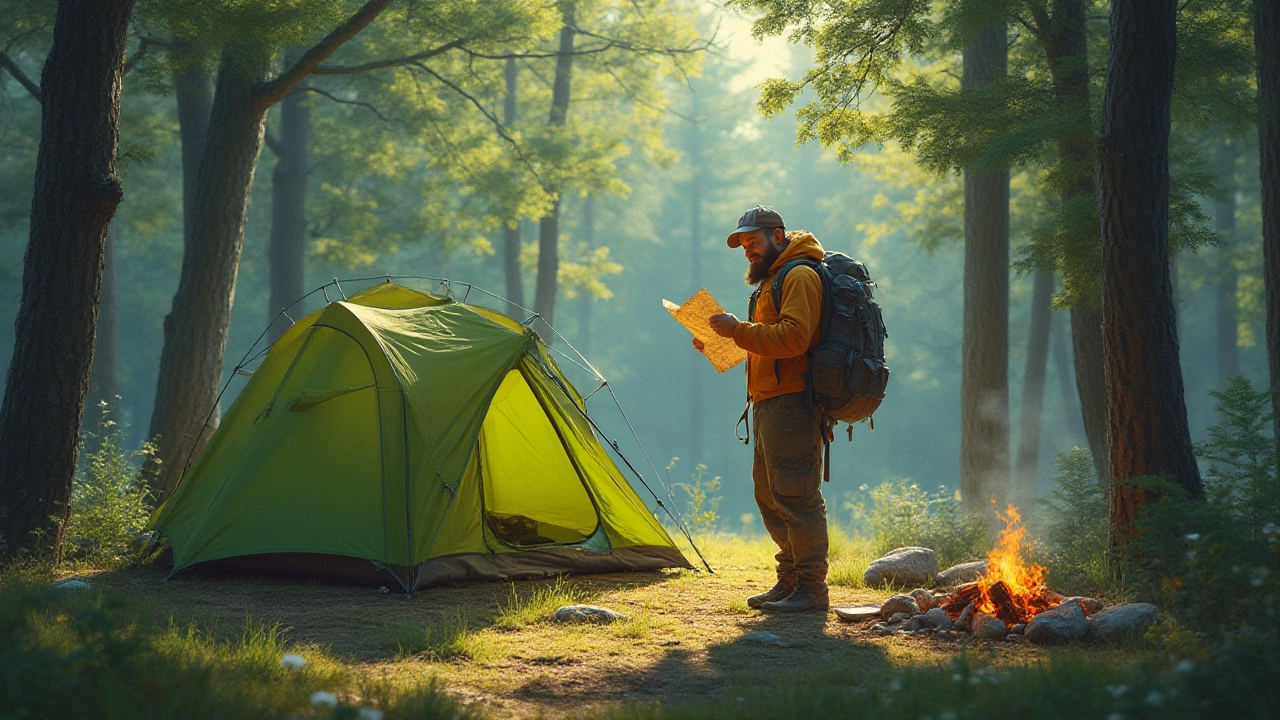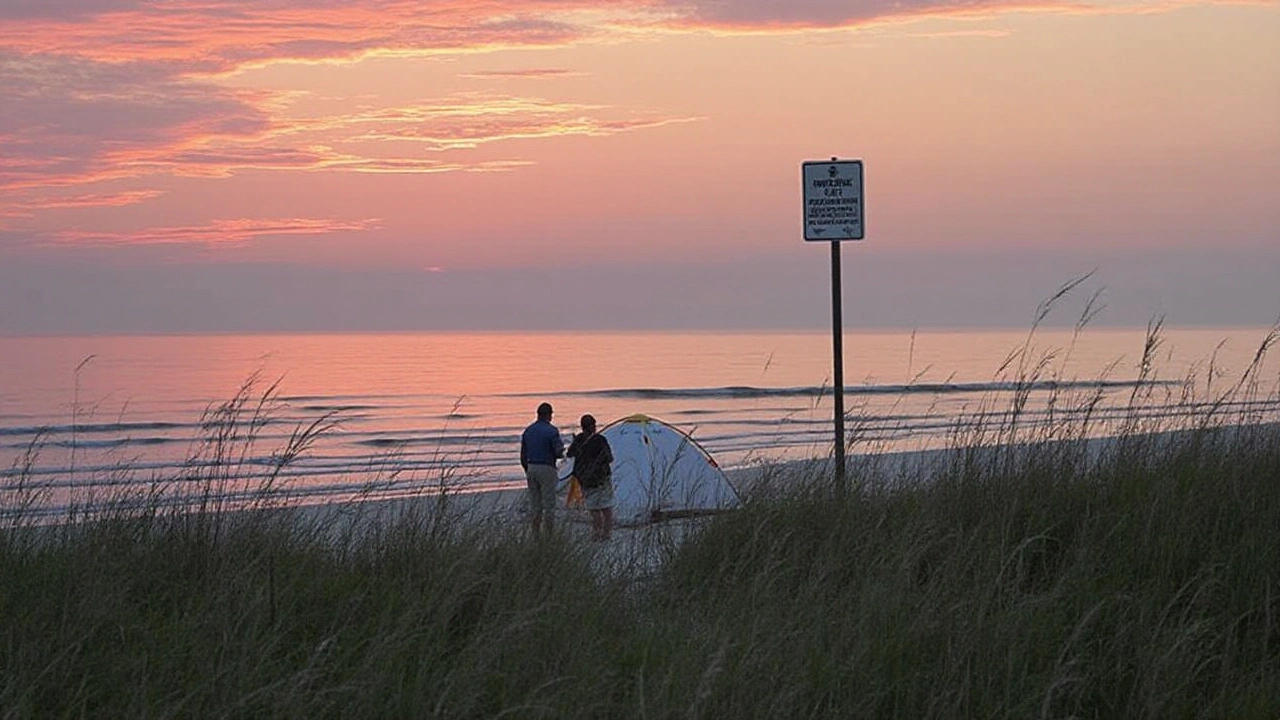Camping Regulations Explained – What Every UK Motorhome Traveller Should Know
Ever set up a tent on a quiet lane only to hear a ranger’s whistle? Knowing the rules before you pitch can save you a fine, a night of stress, and a ruined adventure. Below is a straight‑forward guide to the most common UK camping regulations and practical ways to stay on the right side of the law.
UK Rules You Need to Know
First up, the difference between "wild camping" and "stealth camping". Wild camping is technically allowed in Scotland under the Land Reform Act, but England, Wales and Northern Ireland have stricter rules. In most of these regions you need permission from the landowner or a designated site. If you’re unsure, look for signs, ask a local farmer, or check a campsite app for approved spots.
Stealth camping – parking your motorhome in a lay‑by and sleeping under the stars without being seen – is a gray area. The law says you can’t stay overnight on private or public roads if it causes a nuisance. In practice, a short stay (one night) in a discreet spot is often tolerated, but if you’re spotted by police or a landowner, you could be asked to move or face a fine.
Beach camping adds another layer. Most UK beaches are public land, but local councils can enforce bylaws that ban overnight stays. Places like the North Norfolk Coast have specific zones where you can camp for free, while others require a permit or strictly prohibit it. Always check the council website or a reliable camping guide before you roll in.
Tips for Staying Legal and Stress‑Free
Plan ahead. Use apps that show designated wild‑camping sites, official caravan parks, and areas with permissive camping rights. Booking a spot in a nearby village or farm stay can give you a legal base and a place to refill water and empty waste.
Mind the waste. The UK has strict rules about leaving no trace. Empty your black water tank at a proper waste point, and never dump chemicals on the ground. Keeping the area clean not only follows the law but also earns you goodwill from locals.
Keep a low profile. If you find a quiet lay‑by, park as close to the edge as possible, turn off lights, and stay inside your vehicle. A simple “do not disturb” sign can signal you’re not planning a party.
Know the signs. A yellow triangle indicates a warning, while a red “no camping” sign is a clear stop. When you see a blue sign with a white tent, it usually means you’re allowed to camp for a short period.
Finally, respect private property. If you see a “private land” notice, move on. Even if the land looks untouched, owners can ask you to leave, and refusing can lead to trespass charges.
By keeping these rules in mind, you’ll enjoy the freedom of the open road without the fear of getting a ticket. Happy camping, and remember: a little preparation goes a long way toward an unforgettable, legal adventure!
-
 VIEW POST
VIEW POSTWisconsin State Forests: Tips for Free Camping and Hidden Spots
Jul, 24 2025|0 CommentsCurious about free camping in Wisconsin State Forests? Get the lowdown on dispersed sites, fees, permits, and survival tips from an Aussie dad who's been there. -
 VIEW POST
VIEW POSTEdisto Beach Tent Policies for Campers in 2025
Jan, 27 2025|0 CommentsWhen planning a beach camping trip, knowing whether you can pitch a tent is crucial. Edisto Beach, known for its scenic beauty and serene environment, has specific regulations about tents. This article explores the rules, offering helpful tips for a seamless camping experience. We'll also delve into some interesting facts about Edisto Beach and its surrounding attractions.